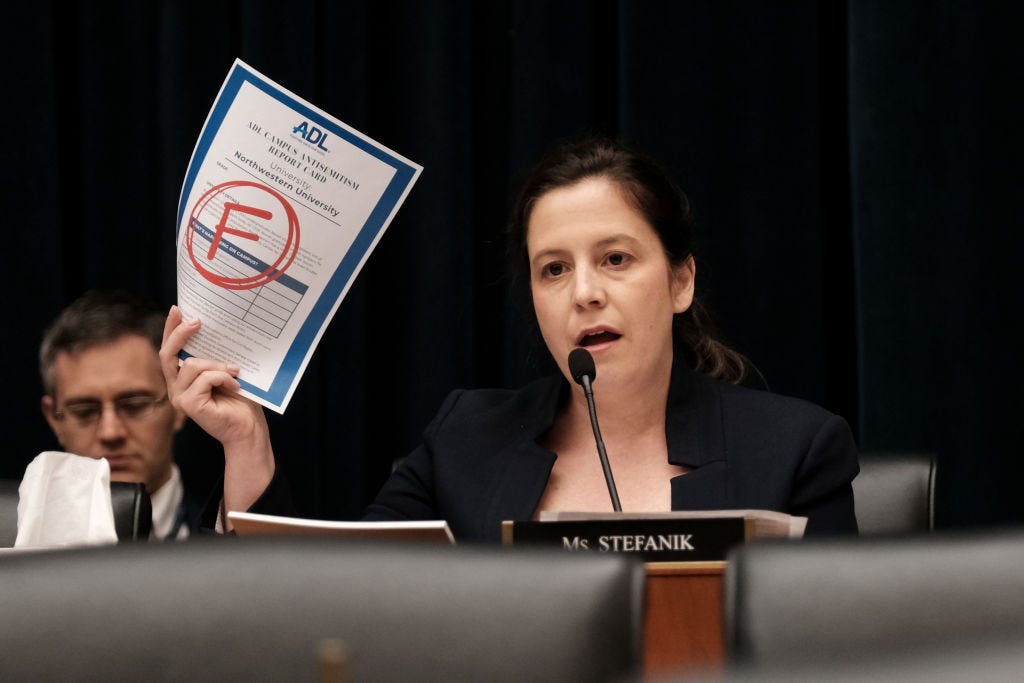The university after the election
Wesleyan president Michael Roth on resisting the attack on education and the job of preserving the seeds of democracy for the future
Plenty of pundits will be doing post-mortems on the reasons for Kamala Harris’s electoral loss and unpacking the trends that returned Donald Trump to the White House, but here at The Ink we think it’s already time to begin planning for the future of the pro-democracy fight. We’ve asked some of the most thoughtful people around to reexamine their presupp…
Keep reading with a 7-day free trial
Subscribe to The.Ink to keep reading this post and get 7 days of free access to the full post archives.





